Mastercard opens European Cyber Resilience Centre in Belgium
This new Centre will better prepare Europe to Face the Challenges of Cybercrimes and Cyberwarfare
Primary Category: Cybersecurity
Authors:
• SCARS Editorial Team – Society of Citizens Against Relationship Scams Inc.
• Portions by MasterCard
About This Article
Mastercard has opened its European Cyber Resilience Centre (ECRC) at its European Headquarters in Belgium, highlighting its commitment to combating cyber threats and enhancing resilience in the region. The state-of-the-art centre will improve defenses against cyber threats, expedite response times, and foster collaboration between the public and private sectors.
The ECRC brings together partners from across Europe, including national cyber intelligence centres, law enforcement, and industry bodies. The facility features a Fusion Centre and a Digital Forensics Lab, essential for effective incident response. This initiative reinforces Mastercard’s role in securing the digital ecosystem and protecting consumer and business transactions.
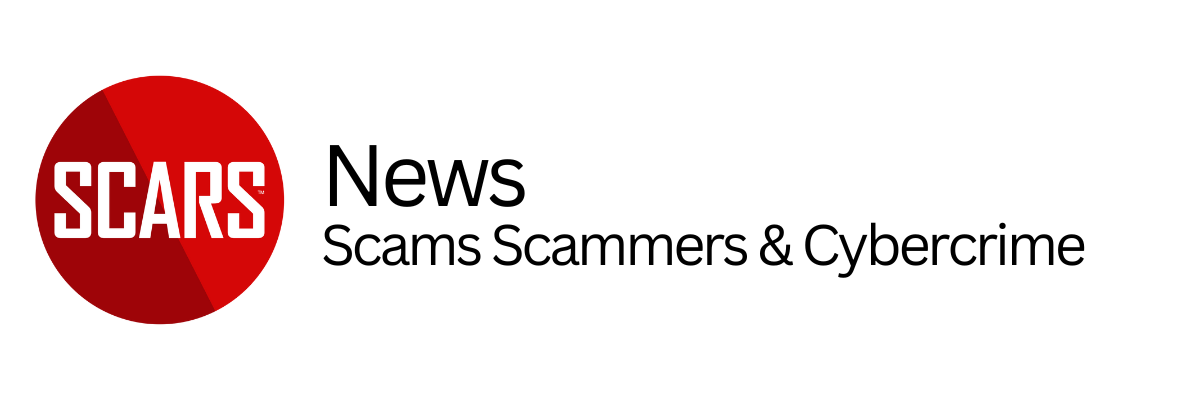
Mastercard opens European Cyber Resilience Centre in Belgium
Breaking new ground in Europe, the hub will contribute to further securing the commerce and payment ecosystem in the region.
Mastercard today announced the opening of its European Cyber Resilience Centre (ECRC) at its European Headquarters reaffirming the company’s commitment to combatting cyber threats and enhancing resilience in the region. The new state-of-the-art centre will sharpen defenses against cyber threats, speed up response times and serve as a hub for thought leadership in cybersecurity, fostering collaboration between the public and private sectors.
With continuous digitization and unprecedented levels of connectivity, cybercrime presents a shared challenge across all organizations. Fraudsters are using technology in more innovative and sophisticated ways to try and harm consumers and businesses. – this problem is only growing. Cybercrime has turned into a global economy now estimated to be worth trillions of euros.
To address this ever-evolving threat landscape, the ECRC brings together partners from across the public and private sectors. By leveraging its facilities and diverse talent pool, it facilitates collaboration with national cyber intelligence centres, law enforcement agencies, and industry bodies across Europe.
“In today’s hyperconnected world, cybercrime is evolving and so are we. This centre will bring together the brightest minds from business, government and other sectors to stay ahead of threats and make the digital world as secure as possible. Afterall, the work to ensure people can trust that they are safe online doesn’t stop at our four walls — or our firewalls,” said Michael Miebach, CEO, Mastercard.
The Centre bolsters Mastercard’s ability to combat cyber threats across the digital ecosystem and helps it protect, detect, and respond to attacks. It fosters deeper connections with customers, partners, and stakeholders and drives collaboration across the region, enhancing resilience.
The Mastercard European Cyber Resilience Centre includes a Fusion Centre, the heart of Mastercard’s organizational incident response, and a Digital Forensics Lab in addition to representatives from more than 20 teams – all crucial to running an effective Resilience Centre.
“At Europol, we are strong believers that no single actor, sector or nation, can face the threats of cybercriminals alone. Each of us has a complementary role to play. By bringing together all relevant actors, the European Cyber Resilience Centre has the potential to bring excellence into our cross-sectoral collaboration,” said Catherine De Bolle, Executive Director, Europol.
“It is with great pride that I am here today for the inauguration of the Mastercard European Cyber Resilience Centre. I am delighted that Belgium has been chosen to host this first center in Europe dedicated to cybersecurity for Mastercard, and even more so because it will be established in the heart of Walloon Brabant. We live in a world where cyber threats are omnipresent and constantly evolving. Cyberattacks know no borders and affect all sectors of our society, from the public to the private sector, from critical infrastructures to ordinary citizens. It is therefore imperative that we unite to meet these challenges with determination and efficiency. This event marks a significant milestone in our shared commitment to strengthening cybersecurity in Europe and Belgium. The European Cyber Resilience Centre represents a key initiative to promote collaboration between the public and private sector, as well as regulatory bodies. By working hand in hand, we can significantly improve our ability to prevent, detect and respond to cyber threats,” said Mathieu Michel, Belgian Secretary of State for Digitalization.
The commitment to European security is reflective of Mastercard’s role in powering economies and empowering people. This is underscored by its robust infrastructure, which facilitated the protection of 143 billion transactions in 2023 alone. Upholding high standards of privacy, data responsibility, and cybersecurity, Mastercard continues to deliver seamless and secure transactions while safeguarding customer information.
-/ 30 /-
What do you think about this?
Please share your thoughts in a comment below!
-/ 30 /-
What do you think about this?
Please share your thoughts in a comment below!
SCARS LINKS: AgainstScams.org RomanceScamsNOW.com ContraEstafas.org ScammerPhotos.com Anyscam.com ScamsNOW.com
reporting.AgainstScams.org support.AgainstScams.org membership.AgainstScams.org donate.AgainstScams.org shop.AgainstScams.org
youtube.AgainstScams.org linkedin.AgainstScams.org facebook.AgainstScams.org
Important Information for New Scam Victims
- Please visit www.ScamVictimsSupport.org – a SCARS Website for New Scam Victims & Sextortion Victims.
- SCARS Institute now offers its free, safe, and private Scam Survivor’s Support Community at www.SCARScommunity.org – this is not on a social media platform, it is our own safe & secure platform created by the SCARS Institute especially for scam victims & survivors.
- SCARS Institute now offers a free recovery learning program at www.SCARSeducation.org.
- Please visit www.ScamPsychology.org – to more fully understand the psychological concepts involved in scams and scam victim recovery.
If you are looking for local trauma counselors, please visit counseling.AgainstScams.org
If you need to speak with someone now, you can dial 988 or find phone numbers for crisis hotlines all around the world here: www.opencounseling.com/suicide-hotlines
Statement About Victim Blaming
Some of our articles discuss various aspects of victims. This is both about better understanding victims (the science of victimology) and their behaviors and psychology. This helps us to educate victims/survivors about why these crimes happened and not to blame themselves, better develop recovery programs, and help victims avoid scams in the future. At times, this may sound like blaming the victim, but it does not blame scam victims; we are simply explaining the hows and whys of the experience victims have.
These articles, about the Psychology of Scams or Victim Psychology – meaning that all humans have psychological or cognitive characteristics in common that can either be exploited or work against us – help us all to understand the unique challenges victims face before, during, and after scams, fraud, or cybercrimes. These sometimes talk about some of the vulnerabilities the scammers exploit. Victims rarely have control of them or are even aware of them, until something like a scam happens, and then they can learn how their mind works and how to overcome these mechanisms.
Articles like these help victims and others understand these processes and how to help prevent them from being exploited again or to help them recover more easily by understanding their post-scam behaviors. Learn more about the Psychology of Scams at www.ScamPsychology.org
SCARS INSTITUTE RESOURCES:
If You Have Been Victimized By A Scam Or Cybercrime
♦ If you are a victim of scams, go to www.ScamVictimsSupport.org for real knowledge and help
♦ SCARS Institute now offers its free, safe, and private Scam Survivor’s Support Community at www.SCARScommunity.org/register – this is not on a social media platform, it is our own safe & secure platform created by the SCARS Institute especially for scam victims & survivors.
♦ Enroll in SCARS Scam Survivor’s School now at www.SCARSeducation.org
♦ To report criminals, visit https://reporting.AgainstScams.org – we will NEVER give your data to money recovery companies like some do!
♦ Follow us and find our podcasts, webinars, and helpful videos on YouTube: https://www.youtube.com/@RomancescamsNowcom
♦ Learn about the Psychology of Scams at www.ScamPsychology.org
♦ Dig deeper into the reality of scams, fraud, and cybercrime at www.ScamsNOW.com and www.RomanceScamsNOW.com
♦ Scam Survivor’s Stories: www.ScamSurvivorStories.org
♦ For Scam Victim Advocates visit www.ScamVictimsAdvocates.org
♦ See more scammer photos on www.ScammerPhotos.com
You can also find the SCARS Institute’s knowledge and information on Facebook, Instagram, X, LinkedIn, and TruthSocial
Psychology Disclaimer:
All articles about psychology and the human brain on this website are for information & education only
The information provided in this and other SCARS articles are intended for educational and self-help purposes only and should not be construed as a substitute for professional therapy or counseling.
Note about Mindfulness: Mindfulness practices have the potential to create psychological distress for some individuals. Please consult a mental health professional or experienced meditation instructor for guidance should you encounter difficulties.
While any self-help techniques outlined herein may be beneficial for scam victims seeking to recover from their experience and move towards recovery, it is important to consult with a qualified mental health professional before initiating any course of action. Each individual’s experience and needs are unique, and what works for one person may not be suitable for another.
Additionally, any approach may not be appropriate for individuals with certain pre-existing mental health conditions or trauma histories. It is advisable to seek guidance from a licensed therapist or counselor who can provide personalized support, guidance, and treatment tailored to your specific needs.
If you are experiencing significant distress or emotional difficulties related to a scam or other traumatic event, please consult your doctor or mental health provider for appropriate care and support.
Also read our SCARS Institute Statement about Professional Care for Scam Victims – click here
If you are in crisis, feeling desperate, or in despair, please call 988 or your local crisis hotline – international numbers here.
More ScamsNOW.com Articles
A Question of Trust
At the SCARS Institute, we invite you to do your own research on the topics we speak about and publish. Our team investigates the subject being discussed, especially when it comes to understanding the scam victims-survivors’ experience. You can do Google searches, but in many cases, you will have to wade through scientific papers and studies. However, remember that biases and perspectives matter and influence the outcome. Regardless, we encourage you to explore these topics as thoroughly as you can for your own awareness.




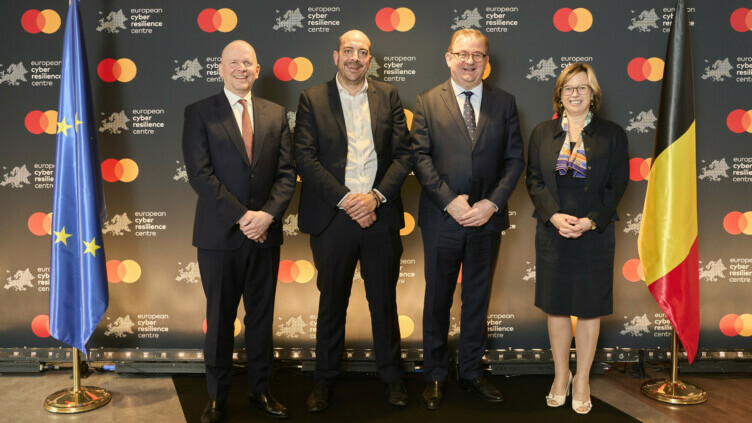



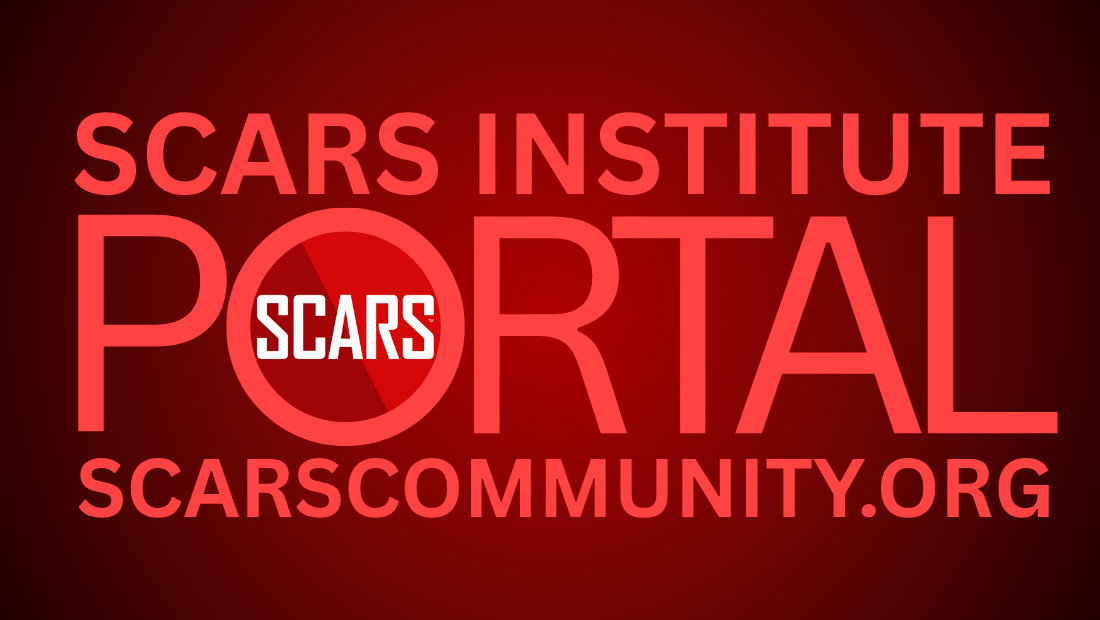
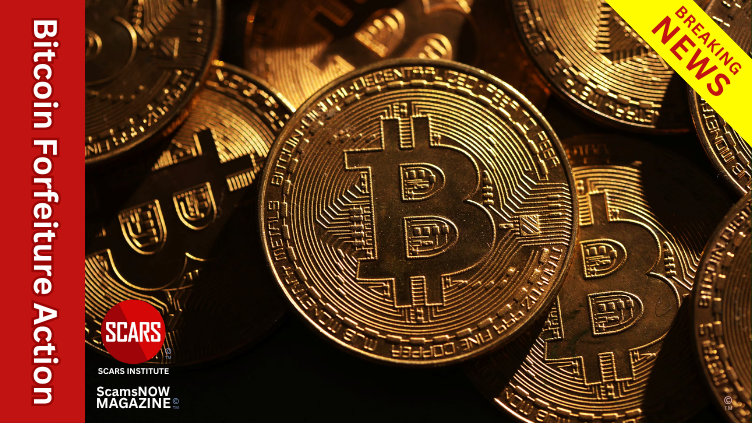



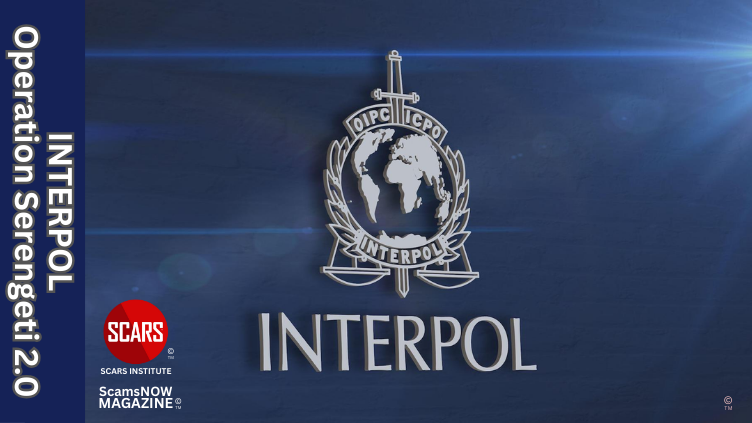

![NavyLogo@4x-81[1] MasterCard opens European Cyber Resilience Centre in Belgium - 2024](https://scamsnow.com/wp-content/uploads/2025/04/NavyLogo@4x-811.png)









![scars-institute[1] MasterCard opens European Cyber Resilience Centre in Belgium - 2024](https://scamsnow.com/wp-content/uploads/2025/04/scars-institute1.png)

![niprc1.png1_-150×1501-1[1] MasterCard opens European Cyber Resilience Centre in Belgium - 2024](https://scamsnow.com/wp-content/uploads/2025/04/niprc1.png1_-150x1501-11.webp)